
Beyond Oil
The View from Hubbert's Peak
Recommendation
Geologist M. King Hubbert gained renown by predicting an end to the era of abundant energy. His 1956 projection that U.S. petroleum production would peak in the early 1970s and then decline has come true. Production leveled off and has never gone up again. So, if you are betting against global projections based on Hubbert’s metrics, you are, in a very real sense, betting against history. Author, professor and geologist Kenneth S. Deffeyes is a leading proponent of Hubbert’s theories. His pleasant, very conversational book thoroughly examines why Hubbert appears correct: He explains how and why – unless public and private powers begin to react and plan – the energy shortage will change everyone’s life, and could lead to famine and beyond. This book is similar in tone to Deffeyes’ earlier work, Hubbert’s Peak: The Impending World Oil Shortage. Some messages bear repeating and – particularly since this iteration is so clearly presented and rich in updated information – getAbstract believes that this is one of them.
Summary
About the Author
Kenneth S. Deffeyes is a professor emeritus at Princeton University. In 2001, he published Hubbert’s Peak: The Impending World Oil Shortage.







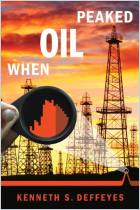
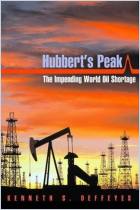
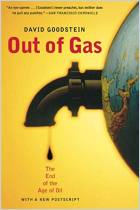
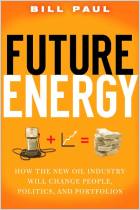
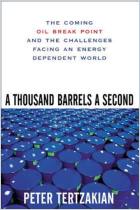
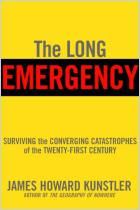
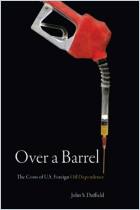
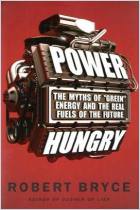




Comment on this summary or Start Discussion